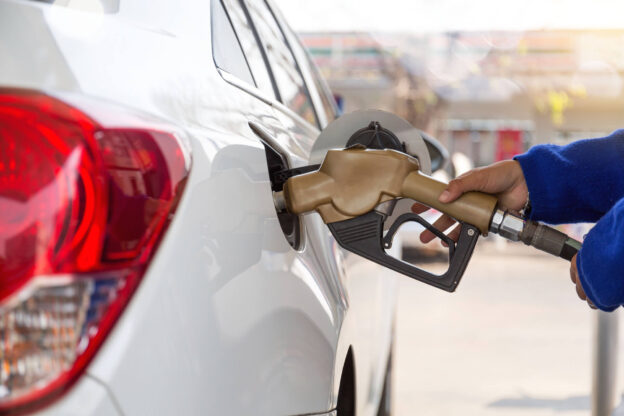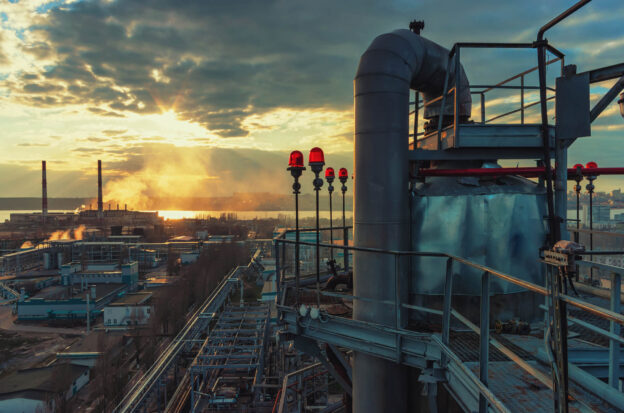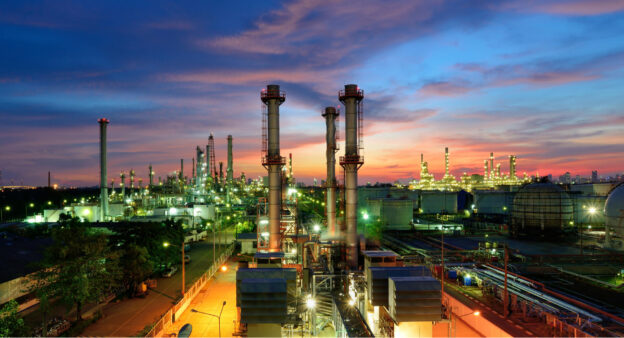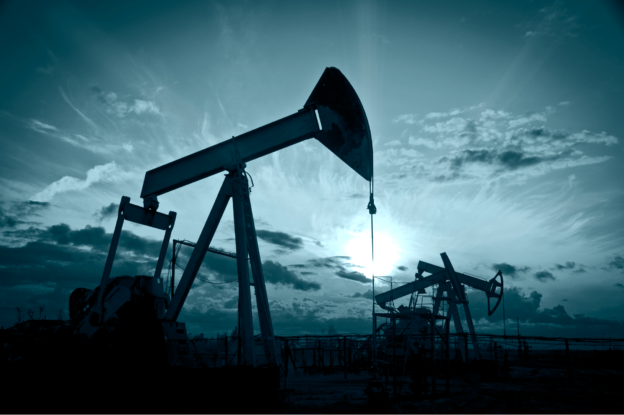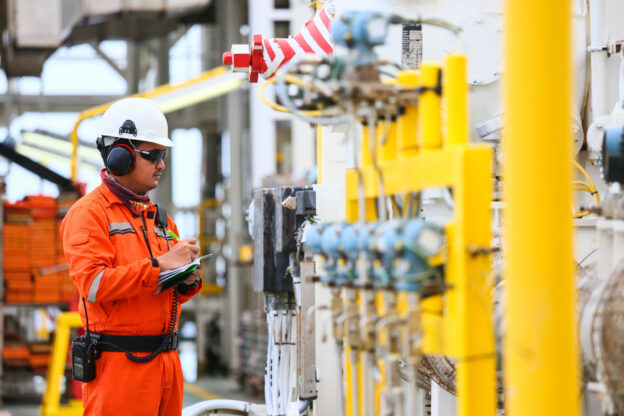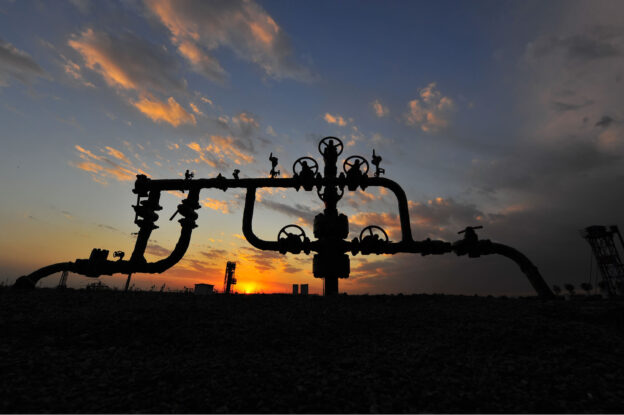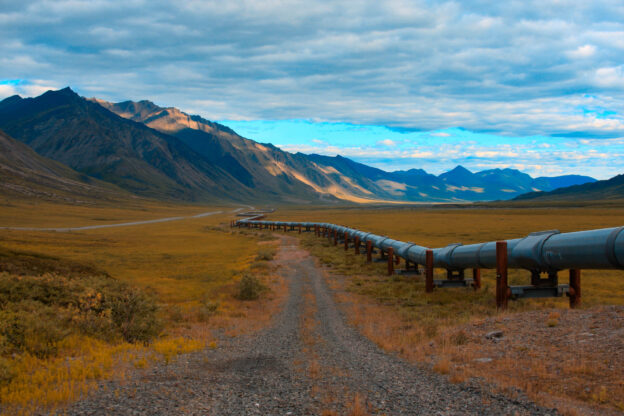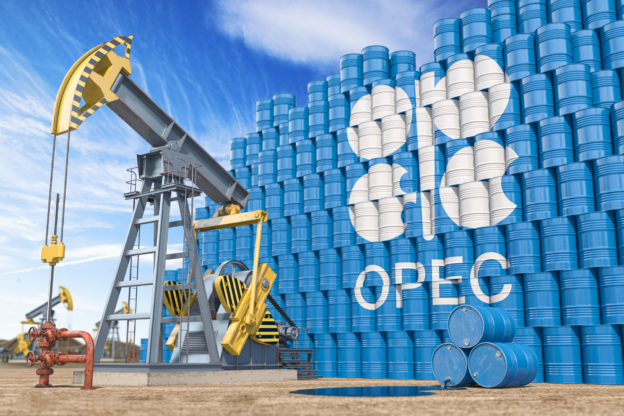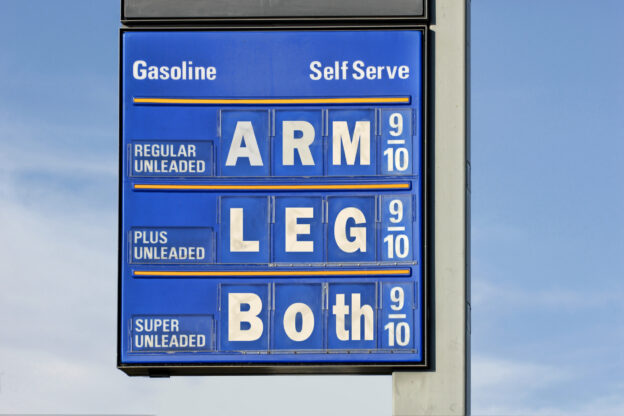At Pro-Gas, LLC, we take pride in helping our clients make the most of their oil and gas (O&G) facilities. From world-class equipment to specialized industry services, we believe that our work pushes clients to produce on par with some of the greatest in our industry.
Wondering who the biggest names in the industry are? While the answers may sound familiar, we thought it’d be nice to shine the spotlight on 5 of the major oil companies of 2021. Maybe some insight on their practices could encourage younger O&G companies to follow suit and further push our industry forward in 2022 and beyond.
Shell
Shell (AKA Royal Dutch Shell) was founded in 1907 and has steadily grown and established itself as one of the top oil companies in the world.
This O&G company originated in the Netherlands and is known for its global reach in over 70 countries around the world.
Trust us when we say that they’ve invested heavily in oil storage. The company produces 3.7 million barrels of oil a day.
Chevron
California-based company Chevron was founded in 1879 under the name Star Oil. This successful American company sells over 3 million barrels of oil daily and is ranked on two Fortune 500 lists.
Not only are they one of the leading O&G companies to focus on alternative energy, but they never take their eye off of the prize and remain one of two fuel brands to be top-tier certified.
Exxon Mobil
Exxon Mobil is an American company that specializes in refining 6,3 million barrels of oil a day. Exxon is voted 8 of the top 20 O&G companies in the world and has an annual revenue of over 184 billion dollars.
Exxon is also known for its humanitarian efforts in its aid in the fight against Ebola and the development of rubbing alcohol by their own researchers.
BP
Formerly known as British Petroleum, BP is one of the supermajor companies in our industry. Their company delves into upstream, midstream, and downstream sectors while standing out in several key areas of the industry on their own:
- Exploration
- Alternative Energy
- Power Generation
- General Production
A company like BP realizes that in order to remain relevant in our industry, shifting with the times is a necessity as well as being a jack of all trades in several O&G sectors.
Valero
Valero is one of the younger O&G leaders as it was formed in 1980. Although it’s a “newer” brand, it is a Fortune 500 company that is considered one of the largest independent petroleum companies, as it consistently produces 3 million barrels of oil per day.
Bring Your O&G Company to the Top with Pro-Gas, LLC
If you’re ready to make your O&G company the best it can be, Pro-Gas, LLC is ready to help! Our specialty services have helped facilities large and small over our decades in business, and there is no industry issue our products can’t solve.
From natural gas storage to mobile gas coolers, we have the equipment your brand needs to level up. Contact us today to learn more about our current product availability.


